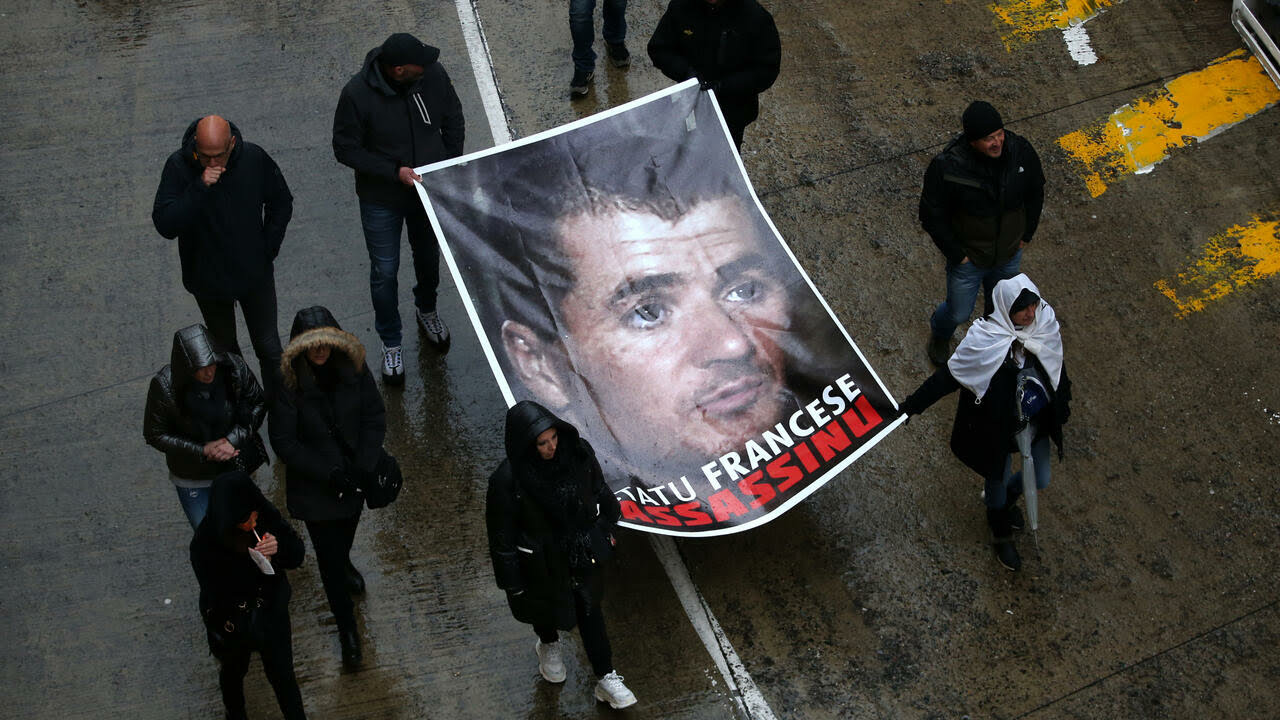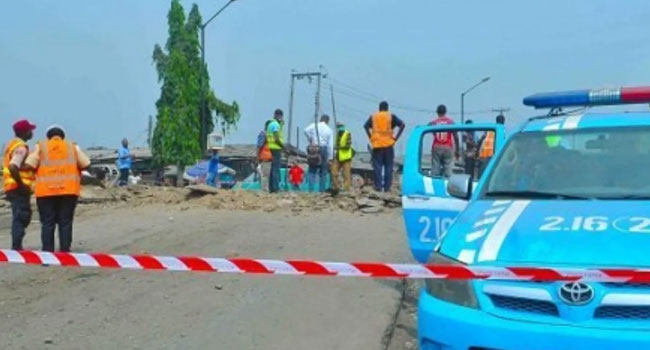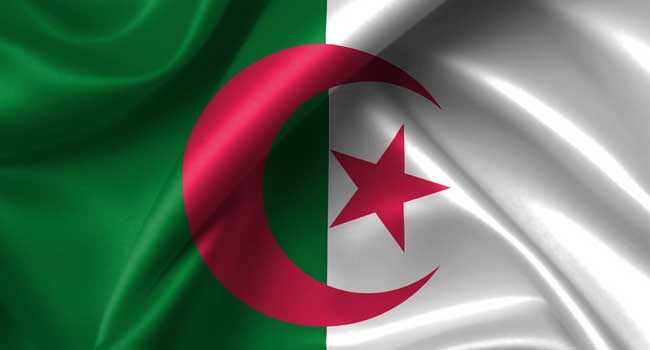Corsican nationalist Colonna dies after assault in prison: family
Colonna, who had been jailed for life over the murder in 1998 of Corsica’s top regional official, died in the evening in hospital in the southern French city of Marseille, his lawyer Patrice Spinosi told AFP on behalf of the family.
A police source, who asked not to be named, also confirmed to AFP that Colonna, 61, had died.
“The family requests that its grief is respected and will be making no comment,” Spinosi added.
One of France’s most prominent prisoners, Colonna was left in a coma after being beaten on March 2 in jail in the southern French city of Arles by a fellow detainee serving time for terror offences.
The incident stoked anger on the island, where some still see Colonna as a hero in a fight for independence, and sparked the worst clashes for years between protesters and police.
Colonna was arrested in 2003 after a five-year manhunt that eventually found him living as a shepherd in the Corsican mountains.
He was then sentenced to life for the assassination in 1998 of Corsica’s top regional official Claude Erignac.
In a bid to dampen local anger over his prison assault, the French judiciary on March 17 suspended Colonna’s prison sentence for medical reasons.
In a surprise move, French Interior Minister Gerald Darmanin also said in a newspaper interview last week that the government could be prepared to offer Corsica autonomy.
President Emmanuel Macron then said that the issue of autonomy of Corsica should not be a “taboo debate”.
But he added there must be an end to the unrest before a discussion gets underway. “It is a debate that cannot take place until there is absolute calm,” he said.
Tensions eased?
Darmanin’s comments and subsequent visit to Corsica had helped ease tensions and it remains to be seen how nationalists will react to his death.
Supporters of Colonna had long urged his release or at least transfer to a prison in Corsica from mainland France but it was only after the assault that the government began to take steps in this direction.
Corsica’s pro-autonomy regional council president, Gilles Simeoni, told AFP that Darmanin’s proposals were “important words that open up prospects, but they ought now to be extended and firmed up.”
The National Liberation Front of Corsica (FLNC), which carried out deadly attacks for decades before laying down its arms in 2014, warned earlier this month that it could resume its fight if Paris remains in a state of “contemptuous denial.”
Corsica, the birthplace of Napoleon Bonaparte, has become a firm favourite of well-heeled French tourists with its pristine beaches but has also been mired in internal problems.
Many Corsicans are frustrated that a reform of the island’s status has been on ice since 2018, with many demanding increased control over fiscal policy and hiring policies, and the expanded use of the Corsican language.
The debate on the issue has intensified at a hugely sensitive moment, with France preparing for April presidential elections and the right warning Macron not to give an inch on the island’s French identity.
Talks on autonomy will begin in April and should be wrapped up by the end of this year, according to a memorandum agreed by Darmanin and Simeoni.
Colonna’s assailant Franck Elong Abe, who had been jailed for terror-related offences, has been charged with another terror offence for the attack on Colonna.
Prosecutors have said he attacked his fellow inmate after being angered by his “blaspheming” and alleged mocking of the prophet Mohammed.
Investigators said Abe attacked Colonna while he was working out in the prison gym by pulling a bag over his head and strangling him.
AFP



